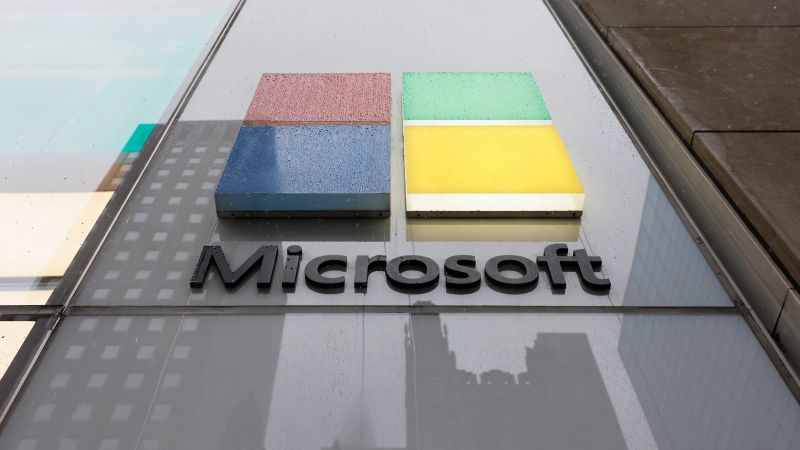It’s unsurprising that con artists employ the IRS emblem in their deceptions. The tax office is feared by many people. During the epidemic, the number of scams involving fictitious IRS contacts increased dramatically. Some of them are still going on, so it’s important to stay on the lookout.
“In this time of need, scam artists continue to use the pandemic to steal money and information from honest taxpayers,” said IRS Commissioner Chuck Rettig. The Internal Revenue Service (IRS) advises all taxpayers to be vigilant, especially during a pandemic, not just for themselves but also for others in their lives. “Here are a few of the most common con games:
Phishing, ransomware, and phone ‘vishing’ are all examples of personal information scams.”
Ruses are concentrating their efforts on unwary victims, such as phony charities and senior/immigrant fraud.
“Offer In Compromise” mills and “syndicated conservation easements” are examples of schemes that induce taxpayers to engage in unethical behavior.
Scams related to the pandemic, such as Economic Impact Payment theft, in which con artists seek to steal COVID stimulus checks.
How can you stay away from these con artists? Taxpayers should be aware of the following warning signs:
Any text messages, phone calls, or emails requiring recipients to click a link or verify data or inquiring about bank account details should be regarded suspect and destroyed without opening.
Keep an eye out for mailbox thievery. Check your mail on a regular basis and report any suspected mail losses to the Postal Inspectors.
Don’t be fooled by phony stimulus checks. The IRS will not approach you via phone, email, text, or social media to request your Social Security number or other personal or financial information in connection with Economic Impact Payments.
(Getty Images/Bettmann Archive photo)
Bettmann Collection/n

/https://specials-images.forbesimg.com/imageserve/60db3f4c7048287fcfa38052/0x0.jpg)

